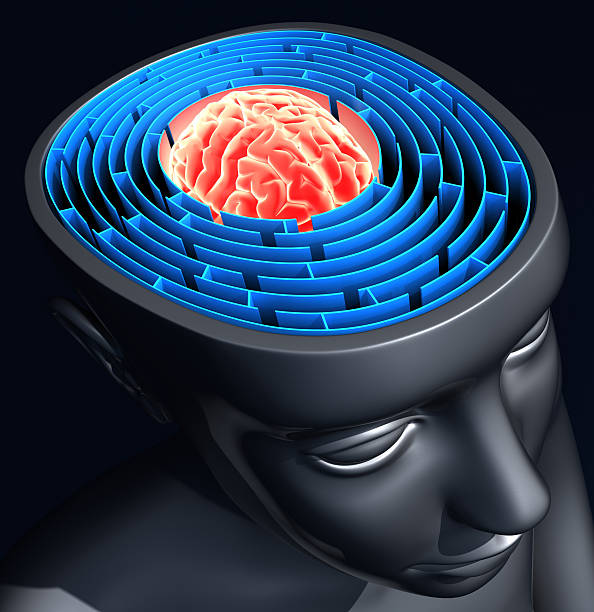Entertainment
Here’s How Illusions Can Trick Our Brain

Illusions are fascinating phenomena that can deceive our brains and manipulate our perception of reality. Our brains constantly process sensory information from our environment, and illusions take advantage of the brain’s natural tendencies and limitations to create false perceptions.
One of the key principles behind illusions is the concept of visual processing. Our eyes capture visual information, which is then sent to the brain for interpretation. However, the brain does not passively receive this information; rather, it actively constructs our perception of the world based on past experiences, expectations, and context.
Illusions exploit this active nature of visual processing by presenting conflicting information or exploiting cognitive biases. For example, optical illusions often use color, light, shadows, and patterns to create visual distortions that trick the brain into perceiving things incorrectly. These illusions can make objects appear to be moving, changing in size, or even disappearing altogether.
Another important aspect of illusions is the concept of attention. Our brains have a limited capacity to process information, so illusions can draw our attention to certain elements while distracting us from others. This selective attention can lead to perceptual biases and errors in judgment, as our brains struggle to make sense of conflicting inputs.
Moreover, illusions can also play on our expectations and assumptions about the world. By subverting these expectations, illusions can create surprising or paradoxical effects that challenge our understanding of reality. For example, the famous “inverted faces” illusion presents a normal face that appears grotesque when flipped upside-down, highlighting how our brains rely on context and familiarity to process visual information.
In the realm of cognitive illusions, such as memory and reasoning, our brains can be similarly misled. Cognitive biases, such as confirmation bias and availability heuristic, can lead us to make faulty judgments and decisions based on incomplete or misleading information. These biases can influence our perception of reality and lead us to draw incorrect conclusions about the world around us.
Overall, illusions serve as a captivating demonstration of the complexity and fragility of our brains’ perceptual and cognitive systems. By exploring and understanding how illusions can fool the brain, we can gain valuable insights into the workings of our minds and appreciate the intricate interplay between perception, cognition, and reality.
-

 Breaking News3 years ago
Breaking News3 years agoBREAKING: CBN Redesigns Naira Notes
-

 Breaking News2 years ago
Breaking News2 years agoBREAKING: Tinubu Considers Temporary Subsidy On Petrol
-

 Breaking News2 years ago
Breaking News2 years agoJUST IN: Gbajabiamila Dies In UK
-

 News3 years ago
News3 years agoDrama As Church Gives Certificate Of Virginity To Ladies After Testing Them (See Photos)
-

 Crime4 years ago
Crime4 years agoUproar As Student Teacher On Teaching Practice Impregnates 24 Girls, Headmistress, Four Female Teachers
-

 Breaking News10 months ago
Breaking News10 months agoJUST IN : Sacked Osun LG Chairman Killed Few Minutes After Returning To Office
-

 Breaking News2 years ago
Breaking News2 years agoBREAKING: Dangote Speaks As BUA Reduces Price Of Cement
-

 Crime3 years ago
Crime3 years agoJUST IN: Gunmen Storm Osogbo, Kill Man, Daughter Few Hours After His Wife Put To Bed (Photos)
